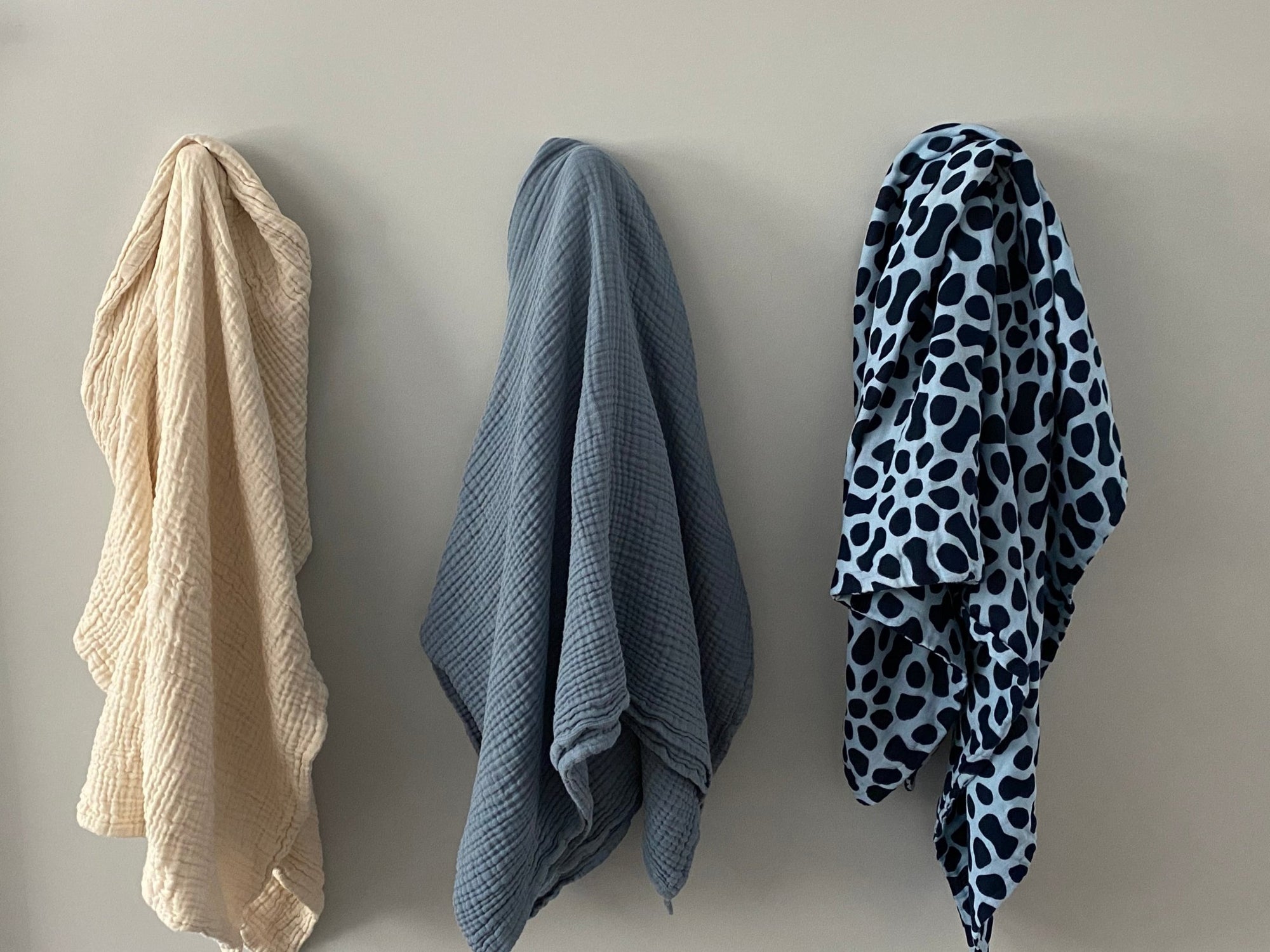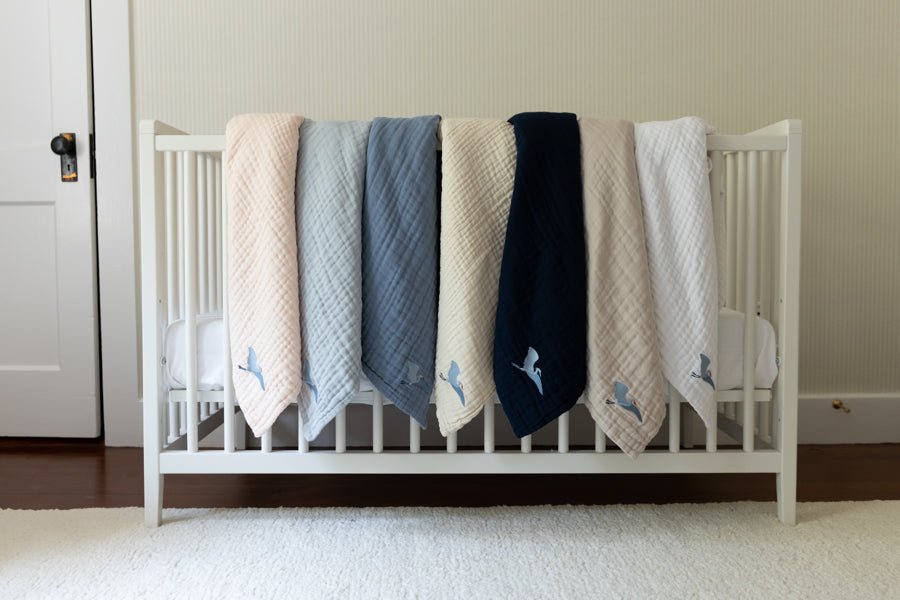There is a huge difference between “all natural” conventionally-grown cotton and organically grown cotton. Organic bedding is essential for our health and the environment. By choosing organic bedding, we support sustainable farming practices, reduce our exposure to harmful chemicals, and enjoy better quality. Conventionally grown cotton can have significant negative impacts on the planet due to the use of harmful chemicals such as pesticides and insecticides. These chemicals can have devastating effects on the environment, including.
1. Soil Degradation: The chemicals used in conventional cotton production can kill off beneficial microorganisms in the soil, leading to soil degradation and reduced fertility. This can cause lower crop yields over time and reduce the ability of the soil to sequester carbon.
2. Water Pollution: Cotton is a water-intensive crop, and the chemicals used in conventional production can leach into water sources and cause pollution. Pesticides and insecticides can contaminate groundwater, rivers, and lakes, leading to a range of environmental and health problems.
3. Habitat Destruction: Growing cotton conventionally often involves clearing land for crops, which can lead to habitat destruction and loss of biodiversity. Many species of animals, birds, and insects depend on natural habitats that are destroyed when land is converted to cotton fields.
4. Climate Change: The use of synthetic fertilizers in cotton production releases nitrous oxide, a potent greenhouse gas that contributes to climate change. Additionally, conventional cotton farming practices can lead to increased erosion and soil loss, which releases more carbon into the atmosphere and exacerbates the effects of climate change.
The impact of conventionally grown cotton on the planet are significant and far-reaching. By choosing organic cotton and other sustainable materials, we can help reduce our environmental footprint and protect the planet for future generations.



